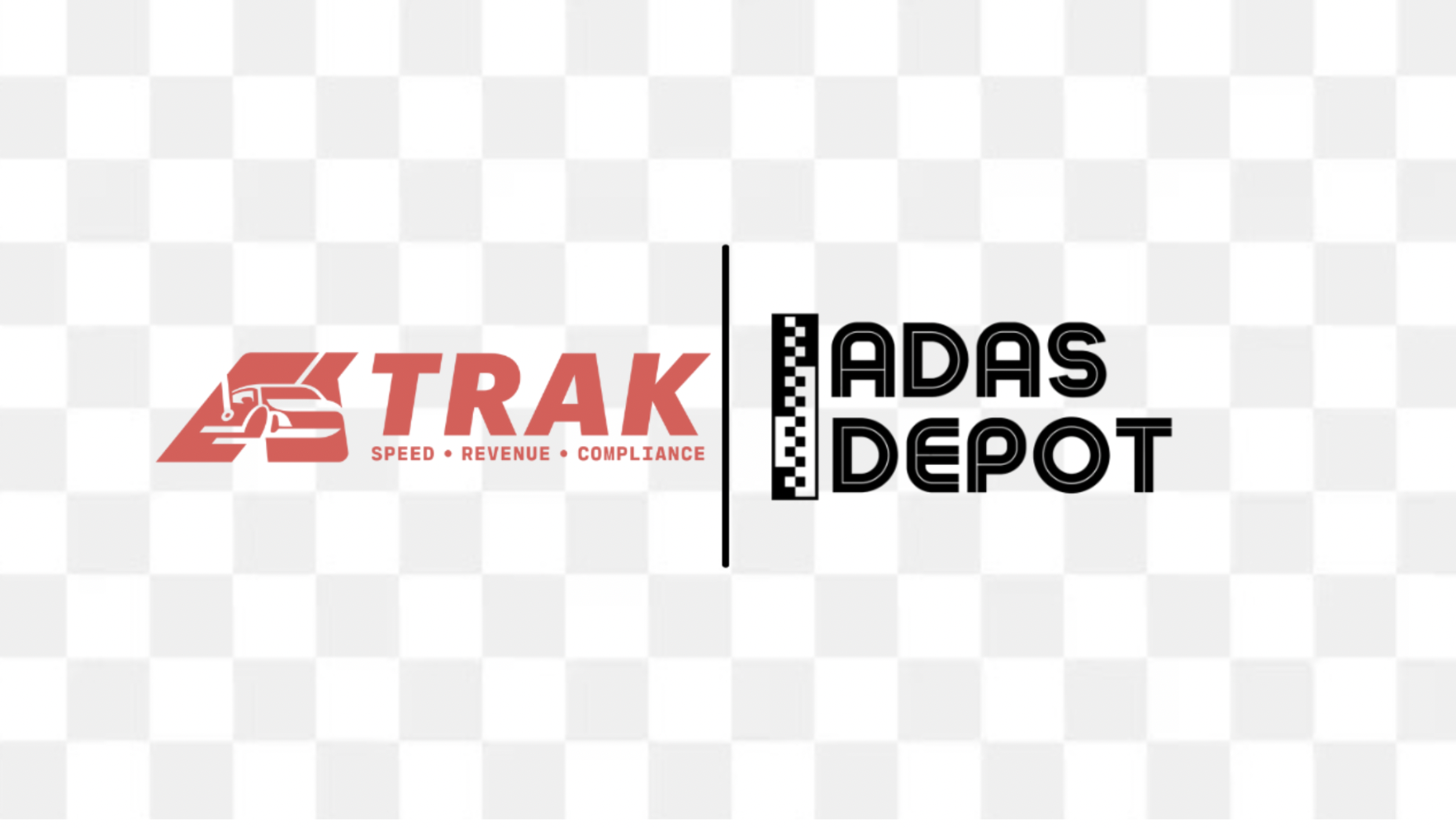In all of the business of operating a shop, one can be forgiven for not thinking too much about data. Parts are coming in, jobs are being finished, and customer expectations are being managed. Tracking data can be a nuisance and an additional burden. However, with today’s technology it’s easier to maintain good data which empowers your business.
Why Data and Records Matter
When your scheduling, invoicing, and workflows are messy, small mistakes add up. Double bookings, missing documentation, or unclear repair notes can cause frustration for technicians, customers, and insurers alike. That is where data comes in. A consistent flow of accurate information allows teams to spot patterns, reduce liability, and make confident decisions.

From Pain Points to Solutions
Will Kepler, VP of Sales, from ADAS TRAK explained in his interview with ADAS Depot that their calibration business initially struggled with scattered tools and inconsistent information. By building TRAK, they created a system that ensures:
- Standardized documentation
Every calibration comes with clear, consistent records that reduce liability and improve trust with insurers and customers. - Accurate scheduling
Centralized data helps coordinate technicians across multiple states, making sure cars and customers are handled smoothly. - Reliable reporting
Data opens the door to advanced analytics, helping shops see revenue trends, average ticket prices, and even procedure requirements in real time.
Check out the full interview with Will from ADAS Trak on our channel.
A Stronger Relationship With Insurance Companies
Insurance companies play a huge role in auto service work. However, insurers often face challenges when repair documentation is incomplete or inconsistent. This slows down approvals, delays claims, and can even lead to denied payments.
Accurate records solves these issues by creating transparency:
- Proof of Work
Every calibration is logged with detailed records, showing exactly what was done, when it was done, and which safety standards were followed. - Clear Justification
With accurate position statements and manufacturer requirements attached, insurers can see why a calibration was necessary, cutting down on disputes. - Faster Claims Processing
Instead of chasing down missing documents, insurers have everything they need upfront. This reduces back-and-forth emails and shortens the time between service and payment.
Over time, this builds trust. Insurance adjusters know which shops deliver clean, consistent data and are more likely to send them regular work. For shops, strong insurer relationships can be the difference between slow, unpredictable business and steady, profitable growth.
Making Better Business Decisions
Data is not just about keeping insurers happy — it also drives smarter decisions inside the shop. With complete and accurate data, owners and managers can step back and see the bigger picture. Will mentions how in TRAK they track all of the Key Performance Indicators (KPIs) below, which are helpful for any shop to analyze its month-to-month performance.
- Operational Efficiency
By tracking scheduling patterns and technician workload, shops can spot bottlenecks and adjust staffing or resources to meet demand more effectively. - Financial Insights
Reporting on revenue per vehicle, average ticket price, or calibration frequency gives shops a clear picture of where profits are coming from and where costs can be reduced. - Training Opportunities
When data shows repeated issues with certain vehicle models or calibration types, shops can invest in targeted training to boost technician confidence and speed. - Strategic Planning
Long-term data trends reveal which manufacturers are requiring more calibrations, which tools are becoming essential, and how customer demand is shifting. This helps owners make smarter investments in tools, certifications, and partnerships.
In short, data takes the guesswork out of growth. Instead of reacting to problems after they happen, shops can anticipate needs, manage resources, and plan for the future.
Preparing for the Future
The industry is moving toward greater consolidation and more advanced vehicles. Shops that harness clean, consistent data will be the ones ready for these shifts. As Will put it, clean data wasn’t even a top priority at first, but it became a powerful byproduct that now drives smarter choices every day.
Final Thoughts
It’s easier than ever to track data in the background today, and we highly recommend it. It reduces mistakes, builds trust with insurers, and creates a foundation for growth.

